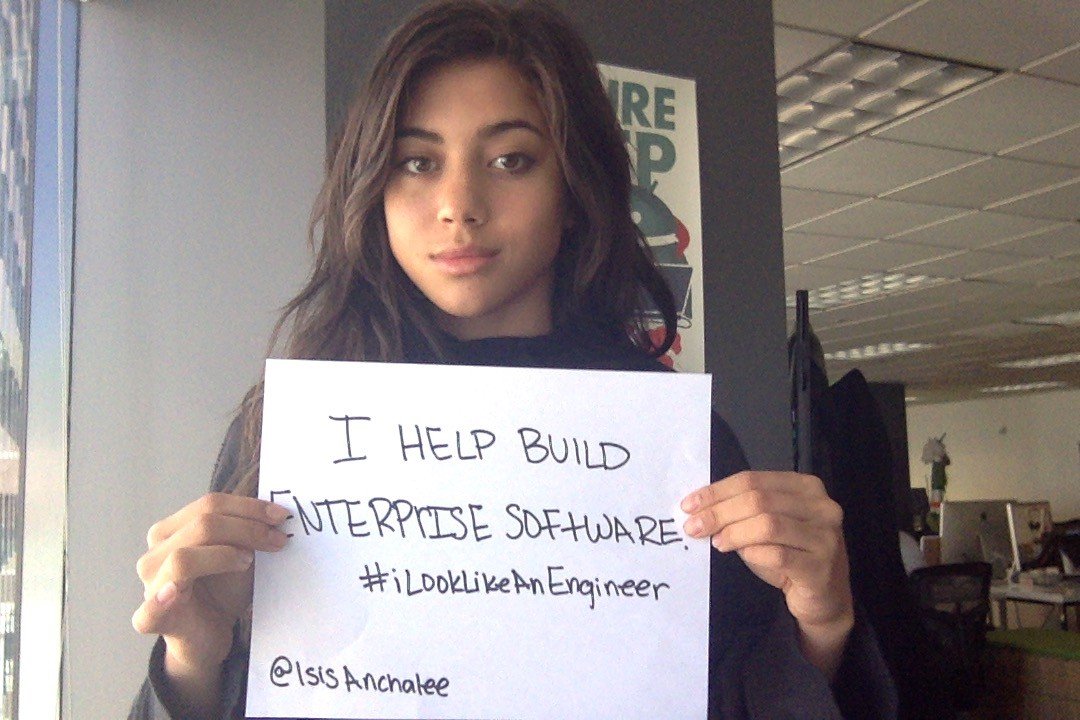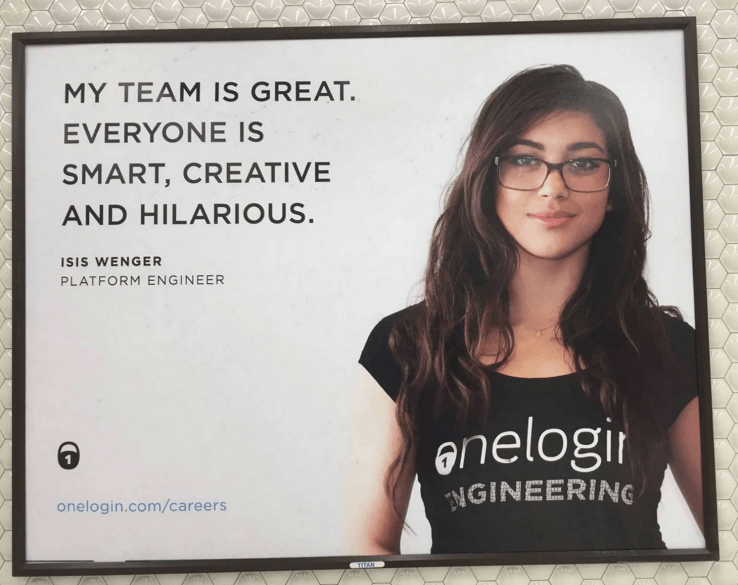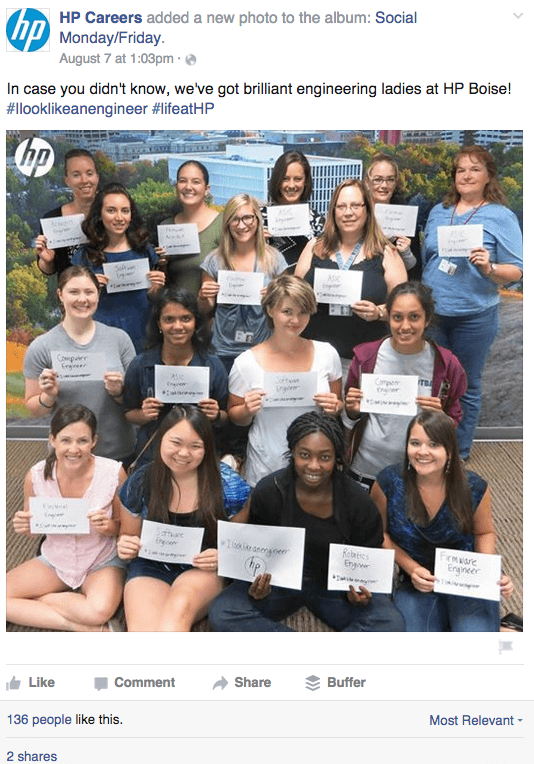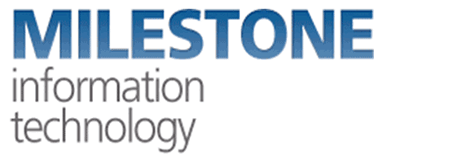Keep up with the latest hiring trends!
In the news this week:
The Top 20 Countries Where Professionals Are Moving For Work Based on LinkedIn Data
By analyzing the changes LinkedIn members made to their profiles in 2014, LinkedIn have uncovered a number of globe spanning geographic migration trends.
After determining the top 20 countries that saw the most migration activity (the absolute number of members moving in and out of a country), LinkedIn then ranked them by their net migration (the number of members arriving to a country minus the number of member departing a country) as a percentage of country membership. The results tell us which countries in 2014 had the most professional migrants in 2014 and the general direction in which they moved – potential indications of economic performance through 2015, but also useful information for recruiters trying to place candidates in the top 20 countries.
Of the top 20 countries that saw members move across their national boundaries last year, the United Arab Emirates was the biggest gainer percentage wise. According to the blog post from LinkedIn’s Insights Group, the UAE saw a net in-migration that worked out to 1.89% of its membership. India lost 0.23% of its LinkedIn members to other countries, principally the U.S. where nearly 40% of its economic emigrants went.
Ireland saw a modest net influx of members in 2014 (0.18%), compared to a net outflow in 2013. Unsurprisingly, the most common country of origin of workers migrating to Ireland was the United Kingdom (accounting for 20% of members moving to Ireland), followed by the United States, Brazil, Spain, and Australia. A third of the members moving to Ireland in 2014 worked in the technology industry, while professional services, financial services, government, education, and nonprofits combined to account for an additional 33%. Salespeople, software developers, marketing specialists, customer service specialists, and IT support specialist made up the most popular job titles of members who moved to Ireland in 2014.
What’s a recruiter to make of this? Well, according to ERE.net‘s John Zappe, if you place in any of the niches in demand in the UAE, you might want to make sure you talk to your candidates about opportunities there. India may be the single biggest source of talent for the UAE, but LinkedIn says the U.S. and UK are among the top five. The figures are also useful for recruiters to get some sense of the actual numbers. Losing 0.06% of U.S. membership to other countries doesn’t sound like much, but translating that into workers, it’s something like 70,800. Doing the same calculation for the UAE, you get an approximate net gain of about 18,900, which offers us a sense of the scale of the world’s worker migration; at least as seen through LinkedIn.
Food for thought, and a trend to keep a close eye on as we head towards 2016.
Twitter Officially Drops 140-character Limit for Direct Messages
The day has finally come Recruiters!!! Twitter is no longer restricting you to 140 characters when sending direct messages to candidates, clients, friends or even family. As of last Wednesday, Twitter began phasing in the change across Android, iOS and web-based platforms with the new Direct Message character maximum being set at 10,000.
“You can now chat on (and on) in a single direct message, and likely still have some characters left over,” the company wrote in a blog post published Wednesday.
Direct Messages now go beyond 140 characters. Go long, express yourself, wax poetic: https://t.co/zr2lnTfOI7 pic.twitter.com/o4eSv6Wv5u
— Twitter (@twitter) August 12, 2015
Lilly’s New Careers Site Has An Intriguing Way Of Searching For A Job That Matches
 Eli Lilly, the multibillion dollar, Fortune 500 drug company, is out with a new corporate career site that includes an intriguing new “jobs for you.” The new “jobs for you” feature lets job seekers sign in through LinkedIn, and proceeds to match them to Lilly jobs based on the experience, location, and skills found on their LinkedIn profile. Those skills originate from the endorsements people give you on LinkedIn i.e. if people have endorsed you a lot for something, it’s one of your skills. TMP, maker of the software TalentBrew, built the matching module, using a third-party AI technology, which actually does the matching. In laymen’s terms, TalentBrew sends something to LinkedIn, and then the data goes to the third party, which sends the percentage match back to TalentBrew. It can be weighted so that location, skills, and job title can take on more or less importance. According to ERE.net‘s Todd Raphael, this is the first time a major corporate career site has made heavy use of the skills stemming from LinkedIn endorsements in a job-matching mechanism.
Eli Lilly, the multibillion dollar, Fortune 500 drug company, is out with a new corporate career site that includes an intriguing new “jobs for you.” The new “jobs for you” feature lets job seekers sign in through LinkedIn, and proceeds to match them to Lilly jobs based on the experience, location, and skills found on their LinkedIn profile. Those skills originate from the endorsements people give you on LinkedIn i.e. if people have endorsed you a lot for something, it’s one of your skills. TMP, maker of the software TalentBrew, built the matching module, using a third-party AI technology, which actually does the matching. In laymen’s terms, TalentBrew sends something to LinkedIn, and then the data goes to the third party, which sends the percentage match back to TalentBrew. It can be weighted so that location, skills, and job title can take on more or less importance. According to ERE.net‘s Todd Raphael, this is the first time a major corporate career site has made heavy use of the skills stemming from LinkedIn endorsements in a job-matching mechanism.
Secret Filming of Job Interview Exposes Homophobic Boss
“We knew the manager would be a bit off, but we didn’t foresee that he would be that obvious and take such a turn by ending the interview nor shake Olle’s hand. We’re hoping to spread awareness and open people’s eyes when it comes to discrimination. You should be accepted for who you are.”
#ILookLikeAnEngineer Fights Sexism in Tech Sector

An American women’s blog post highlighting the sexism apparent in the technology and IT sectors has gone viral, going so far as to spawn its own hashtag. Isis Wenger, a software engineer based in San Francisco, made a public stand against the world’s preconceived image of what people in her industry should look like. Posting a photo of herself with the comment: “I help build enterprise software #Ilooklikeanengineer”, Wenger unwittingly launched an online awareness campaign urging fellow female engineers to hit back against stereotypes. The scheme began when a photo of her taken by her company’s recruitment campaign attracted negative comments on social media:

One Facebook user dubbed the advert as “weird haphazard branding”, going on to say that they didn’t believe the image was “remotely plausible…if women in particular buy this image of what a female software engineer looks like.” Another user complained: “If their intention is to attract more women then it would have been a better to choose a picture with a warm, friendly smile rather than a sexy smirk. I think they want to appeal to women, but are probably just appealing to dudes. Perhaps that’s the intention all along.” In response, Wenger replied that she was not a representation of what a female engineer should or does look like, but rather she is an individual and should be treated as such. She said:
“Some people think I’m not making ‘the right face’. Others think that this is unbelievable as to what ‘female engineers look like’. News flash: this isn’t by any means an attempt to label ‘what female engineers look like.’ This is literally just ME, an example of ONE engineer at OneLogin. The ad is supposed to be authentic. My words, my face, and as far as I am concerned it is.”
Wenger then encouraged women in her profession to stand up and be seen, posting photos of themselves with the hashtag #Ilooklikeanengineer. Which they did in their droves:
MechE degrees from @MIT and @Stanford, big fan of math, robots and the color pink. #ILookLikeAnEngineer pic.twitter.com/CMSiVl8szx — Laura Martini (@martinibot) August 4, 2015
CivilEng from @MIT managed big const., I teach/run/lift, I wear makeup/heels #ILookLikeAnEngineer @LatinasinSTEM pic.twitter.com/1GnoWUZvZ6
— Jazlyn Carvajal (@jazcar03) August 4, 2015
BS (Env Eng+Hydrogeo); ME (Industrial Eng, RPI); MS (Tech&Policy, MIT); PE license in 2 months #ILookLikeAnEngineer pic.twitter.com/9ImgHcEuFZ — Bailey Richert (@baileyrichert) August 4, 2015
Disappointed in the sexism faced by women in STEM. I work hard everyday at @MIT #ILookLikeAnEngineer #MITBE #course20 pic.twitter.com/vXYcMHlAoP
— Ali Nikish (@AliNikish) August 4, 2015

A recent study, which interviewed several prominent female engineers, found that misogyny and discrimination was rife in the sector. One respondent went so far as to claim that female engineers must learn to hide their families and be prepared to live in the office in order to succeed.
Listen and learn recruiters, the tech industry is changing and we need to continue doing our bit to support that change and continue striving for diversity and equality in the workplace.
Top 10 UK Bars and Eateries to Work For Revealed

Glassdoor has announced the top ten bars and eateries to work for in the UK and unlike many other awards, these placements derive entirely from anonymous feedback and employee satisfaction ratings.
First place was secured by high-street baker and pie lovers favourite, Greggs. As well as attaining the best employee ratings, Greggs also reported a 51% rise in profits since last year. The eatery’s overall employee score has moved up from just 2.9 at the beginning of 2015 to 3.8 today which seems to tie-in with their business success.
Speaking to HR Grapevine, Joe Wiggins, Head of Communications at Glassdoor, explained how HR can go about promoting employee satisfaction. He comments:
“HR teams should be reinforcing to employees that culture is a part of everyone’s job. Employee reviews at Greggs, for example, often cite the friendly atmosphere in branches and staff camaraderie. With such a fragmented and geographically diverse workforce this is no accident – the friendly culture has been nurtured from within. Staff cannot expect a friendly work environment to somehow magically appear out of thin air, it needs to evolve over time. Senior Management has a role in setting the right example and expectations too.”
Pizza Hut UK and Nando’s UK made up the rest of the top 3 respectively, but a full list of the winners, alongside their rating, can be found below:
- Greggs (3.8)
- Pizza Hut UK (3.8)
- Nando’s UK (3.6)
- Carluccio’s (3.4)
- Starbucks (3.3)
- Whitbread (3.3)
- Wagamama (3.3)
- Domino’s Pizza UK (3.1)
- Pret A Manger (3.1)
- McDonald’s UK (3.1)
Want to Recruit a Diverse Workforce? Then Don’t Remind Women of Their Gender (and Turn Off the AC!)

Want to hire a diverse workforce? Then avoid reminding candidates about their gender. That’s the advice given by Iain Smith, a Behavioural Psychologist at the business psychology consultancy, Mind Gym. Speaking to Recruitment Grapevine, he explained that candidates perform worse if they unconsciously conform to a stereotype:
“Research has shown that reminding women of their gender before a maths test will reduce their performance. So if you are a recruiter at, for instance, an engineering company and you would remind women about their gender before an interview, it might affect their interview performance. The important thing to remember about stereotypes is that it affects everyone and not just minority groups or specific genders.”
Recruiters can do a number of things to minimise the stereotype threat including removing magazines and other things available that could remind candidate about class, gender or ethnicity before the interview. Recruiters should also do their best to ensure that their mind is clear any bias before the interview. “Mindfulness exercises help to get into a neutral headspace,” Smith says.
Ultimately however, Smith believes that more companies should start adopting blind recruitment processes like Bytemark Hosting has done. The tech company uses a 4-step process to recruit new candidates where the candidates are anonymous for the first 3 steps which consisted of providing lists of their skills, chat interviews and skills evaluations, and only met the recruiters in the last step, which was a face to face interview.
Smith applauds Bytemark Hosting and says: “I think the more rigorous and scientific companies can make their recruitment process, the better. Michael Gazzaniga, who is a respected neuroscientist, estimates that about 98% of our thoughts are unconscious. Therefore, many of the decisions that we make are inherently biased.”
Meanwhile, according to LinkedIn, if you’re looking to hire more women, you should turn up the heating in the office. Yes, a new scientific paper has revealed that the heating systems of  offices throughout the world are built to make men feel comfortable, not women. Dutch scientists Boris Kingma and Wouter van Marken Lichtenbelt found that the heating systems of most buildings are designed off a 1960s model intended to make certain men feel comfortable, not women:
offices throughout the world are built to make men feel comfortable, not women. Dutch scientists Boris Kingma and Wouter van Marken Lichtenbelt found that the heating systems of most buildings are designed off a 1960s model intended to make certain men feel comfortable, not women:
“Indoor climate regulations were based on an empirical thermal comfort model that was developed in the 1960s,” the two men wrote in their study. “Standard values for one of its primary variables – metabolic rate – are based on an average male, and may overestimate female metabolic rate by up to 35 percent. This may cause buildings to be intrinsically non-energy efficient in providing comfort to females.”
In laymen’s terms, that means most women feel cold at work. So according to LinkedIn “if you really want to make a bold statement and recruit and retain more women, forget waxing poetic to the press or mentioning how you’re an “equal opportunity employer” in your job descriptions. Instead, just turn off the dang AC.”
Hilariously Honest Job Ad Warns Boss “will incite anger & frustration”
 A software company has put out a job ad warning candidates of a boss who “will incite anger and frustration.” Milestone Technology is based in Melbourne, Australia and is looking for a Front End Web Developer. Like similar technology roles, the job ad notes that the role requires the applicant to know “html5, css3, responsive web design, JavaScript and Adobe Photoshop.” However as you read on, it develops into the unexpected.
A software company has put out a job ad warning candidates of a boss who “will incite anger and frustration.” Milestone Technology is based in Melbourne, Australia and is looking for a Front End Web Developer. Like similar technology roles, the job ad notes that the role requires the applicant to know “html5, css3, responsive web design, JavaScript and Adobe Photoshop.” However as you read on, it develops into the unexpected.
The description warns that the boss “… is a little difficult to work with, and at times, will incite anger and frustration.” The comedy continues as the prospective candidate will be “responsible for the front end stuff, making things look funky and respectable and taking care of all things front end related.”
“When there is little work to be done… you’ll probably be tasked with going to get coffee, milkshakes, or custard tarts for the development team. Please note, sometimes it may take up to 4 days before you are reimbursed, if at all.” Nevertheless, the ad also describes its perks. In order to relax, it states “a model comes to provide you with a massage” once a week!
Miles Tran, a Principal Consultant at Milestone IT, explained that the ad has allowed the company to find people with a good sense of humour. He says: “People see the humour and are more engaging.”
Read the full ad here.
Related Articles
Find out how the likes of IBM, IKEA and Siemens
drive hiring excellence with SocialTalent
drive hiring excellence with SocialTalent

